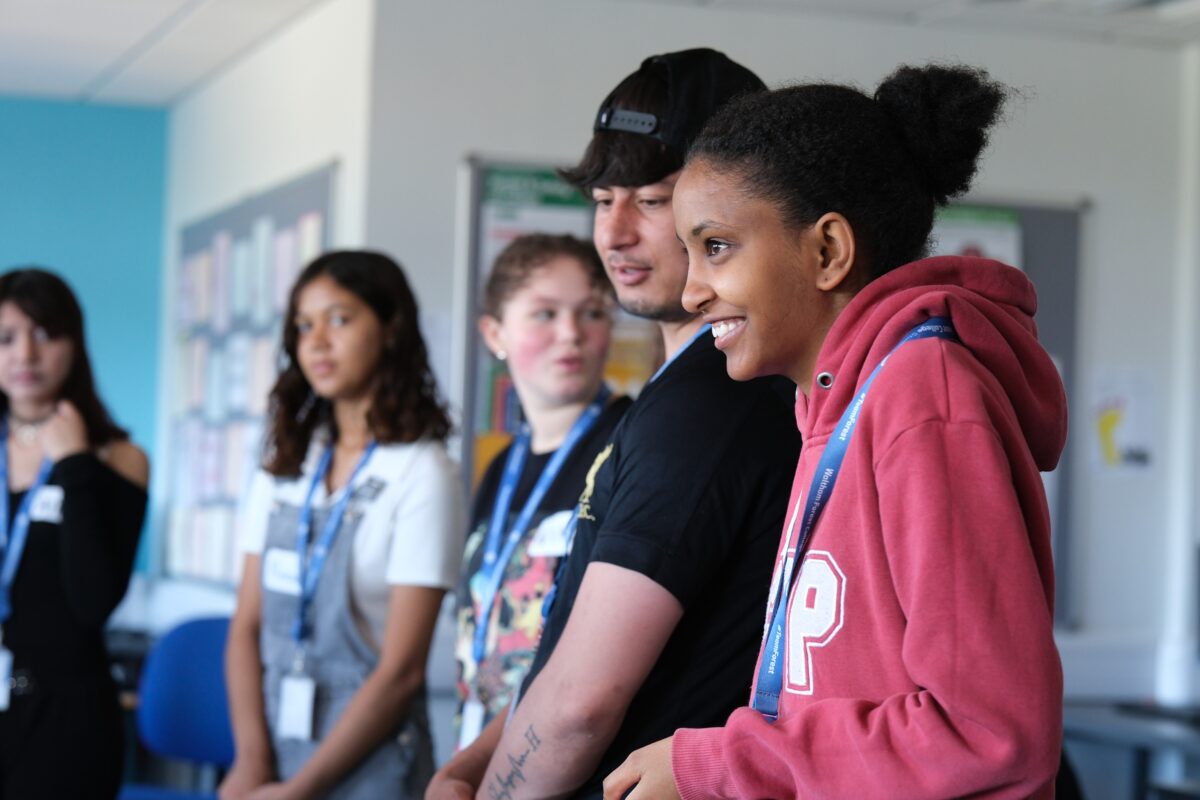Career Development: Be Bold, Be Brave

We are all living in a brave new world and now more than ever is when we need our leaders, practitioners, educators, HR and employment specialists to be well equipped with expertise, commitment and tools to respond to the career development needs of young people and adults. With the focus on the election of a new Prime Minister, last week’s parliamentary debate on careers guidance highlights the importance of having a renewed careers system that works. Parts of the debate concentrate on closer alignment between DfE and DWP careers and employability activities – perhaps lessons can be learned from Wales whereby the centrality of skilful and well trained practitioners to diagnose individuals’ needs trumps an oversimplified ‘work-first’ approach e.g. based on universal credit eligibility.
Careers and employability support services are vital
Careers and employability support services are vital parts of a well-functioning society. These services are increasingly recognised by employers, governments, and citizens as value-added means to help support individuals’ transitions into meaningful learning and work. Transitions in and out of work, changes in physical and mental health, identity crisis, moving to another area and feeling stressed about life can sometimes be real challenges. We know that education, skills, health, relationships, finance, and location impact differently on people’s lives depending on circumstance. Helping individuals to understand changes, and acknowledging their feelings, can help them to get through life’s difficulties.
Career development and wellbeing has been researched in many career construction studies (e.g., McMahon & Watson, 2008; Savickas 2013; Robertson, 2013; Hughes et al, 2018; Redekopp & Huston, 20195). However, little is known in a career development and employment services context about how best to approach potentially sensitive wellbeing conversations to support individuals who may be facing tough times. In the year(s) ahead it will be essential to find new ways to keep individuals motivated, resilient, agile, and aspirational in a rapidly changing world. A new free ‘Career Development and WellBeing Toolkit’ offers support to practitioners with these type of sensitive conversations.
Working deep in local communities
Careers work deep in local communities needs to be bold in its approach and brave in its delivery and belief that it makes a difference. Rebuilding our social infra-structure is vital. Investment in lifelong learning, careers support, digital advancements and evidence-based approaches, including return on investment (RoI), will be essential for all societies, communities and individuals to thrive and prosper.
At a recent International Conference hosted by dmh associates, sponsored by the Edge Foundation, seven key themes emerged as catalysts for change and impact at a local community level:
- Supporting young people and adults to make the most of their talents
- Building a bold future with apprenticeships and skills
- Making the most of an ethnically diverse Britain
- Connecting career guidance to all great jobs
- Embracing the digital world and being brave in redesigning the careers support eco-system
- Starting early in primary schools
- Local places and online spaces for all-age careers support
Ministers from N.Ireland and Scotland each set out their ambitions for career development being bold and brave.
Transforming Careers Support for Young People & Adults in Northern Ireland Minister Gordon Lyons MLA:
Jamie Hepburn MSP Minister for Further Education, Higher Education and Science of Scotland:
As the new political leadership and priorities unfold over the coming months and year(s), it will be important in England to look at how careers and employability services work together at a local, regional and national level, and where support processes can be better aligned and targeted. Local support services, community, quality and the user experience matters, alongside the dignity and respect that we all give to those disadvantaged, particularly individuals’ struggling to provide for their families and put ‘bread on the table’ during a major cost of living crisis. Incidentally, did you know that cheese and Lurpack in some UK supermarkets now have a security tag!












Responses